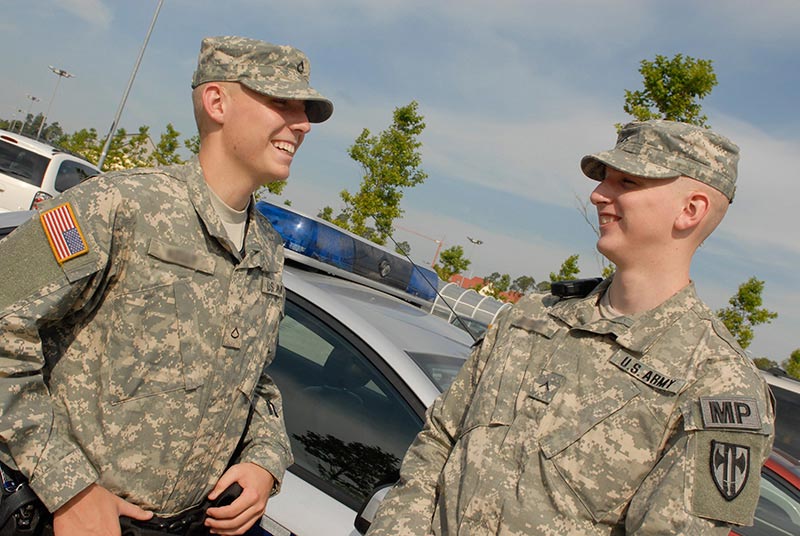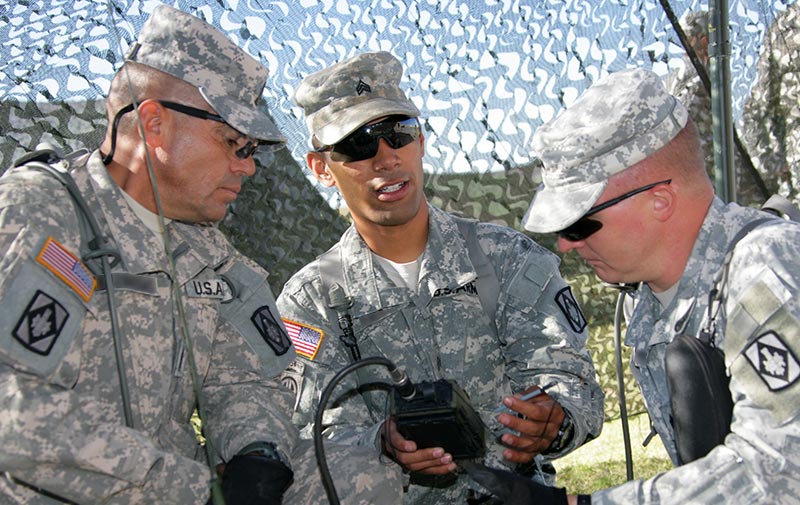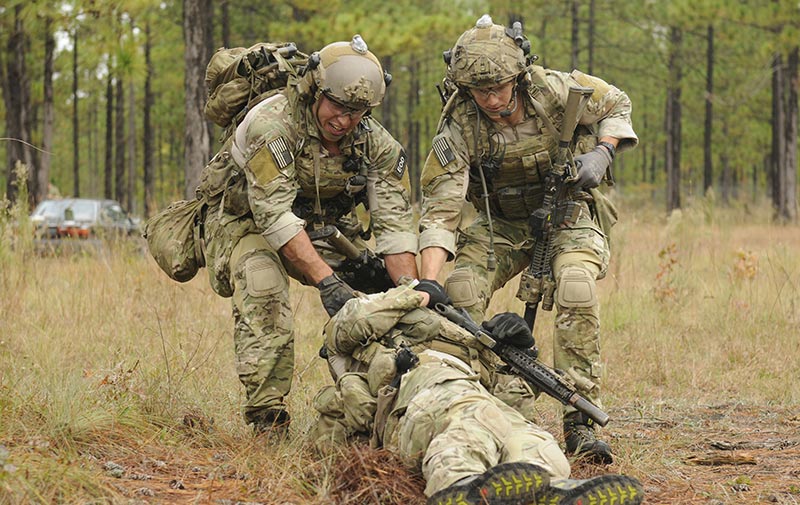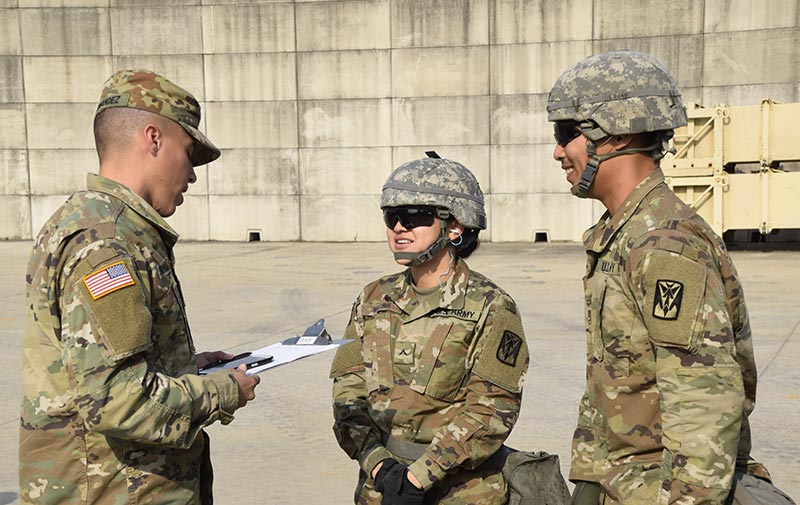Tenets of Army Leader Development
The tenets of Army leader development nest within the Army principles of unit training. The overarching tenets of Army leader development are as follows:
Commitment to Leader Development

Strong commitment to the Army, superiors, and individuals to leader development
Commitment to leader development means that individuals engage in development, leaders guide and coach, and the Army sets conditions and supports the execution. Leaders should be motivated to develop subordinates as it serves to improve the organization and to increase the satisfaction of subordinates. Leaders have a directed responsibility to develop their subordinates; accountability for implementation follows responsibility. Leaders and the Army invest in the development of new leaders to create and sustain competent leaders for today and the future.
Clear Purpose

Clear purpose for what, when, and how to develop leadership
Leader development is most effective when it is purposeful. Everyone involved in development should establish a clear purpose for development to include direction and goals. Development should be deliberate, planned, and challenging.
Supportive Relationships and Climates

Supportive relationships and climates for learning
Leaders, organizations, and the entire Army must set the conditions for development to occur. Attention to leader development must be balanced against organizational requirements and mission performance. In operational units, development can occur concurrently with training and mission performance. Leader development makes a difference when leaders create an environment that places real value and accountability on leader development activities.
Domains that Enable Development

Three mutually supportive domains that enable education, training, and experience
Institutional education, self-development, and operational training and experience are the three domains where development occurs. Development consists of formal systems and informal practices. Reception and integration, newcomer training, developmental tasks and assignments, individual and collective training, educational events, transition or succession planning, and broadening are all activities in which development occurs and should be encouraged.
Candid Assessment and Feedback

Providing, accepting, and acting upon candid assessment and feedback
Formal and informal feedback based on observation and assessment is the basis of learning. Performance monitoring, evaluation reports, coaching, mentoring, and growth counseling are processes that need to be fully embraced by the individual and by leaders.